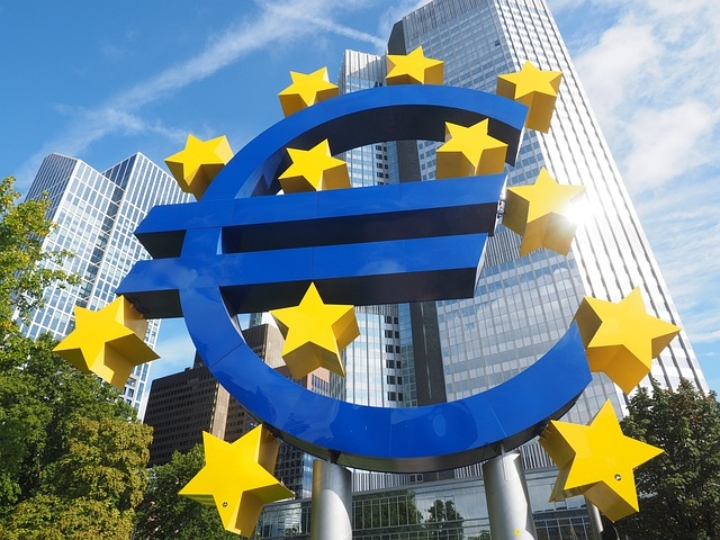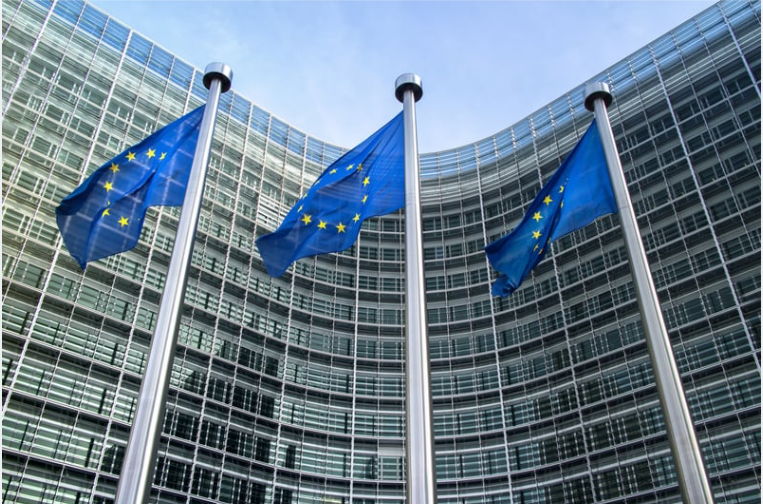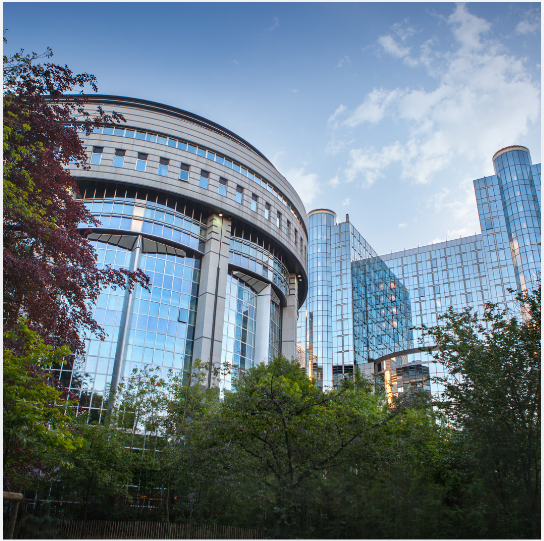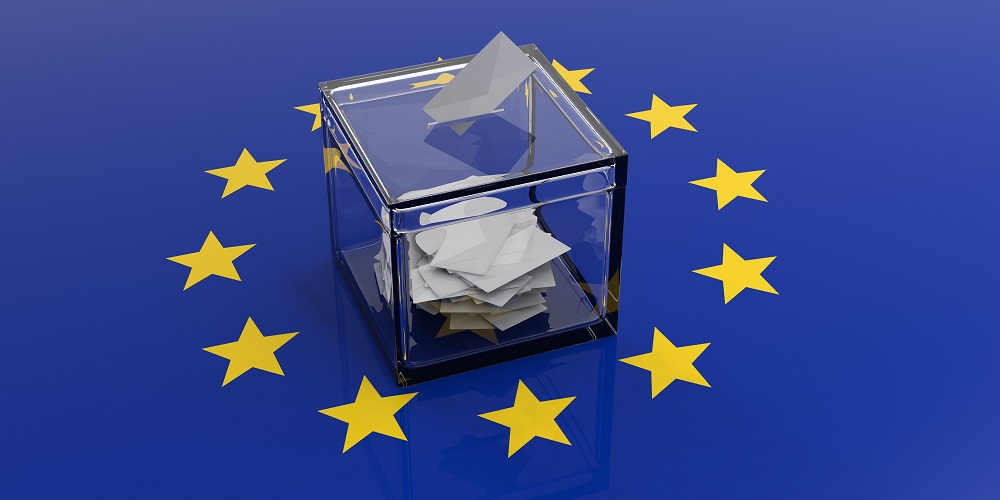Alfredo De Feo, Scientific Director of the european college of Parma foundation
For more than four years the United Kingdom has formally left the European Union, and by now everyone recognises that the balance sheet of the divorce is heavily negative. According to figures presented by the UK Budget Office, none of the promises of the referendum promoters have been fulfilled: savings in contributions to the EU, less tax plus trade and fewer migrants. The UK continues to pay its debts to Europe (32 billion), has increased immigration from non-EU countries as a result of the departure of much European labour, putting essential services such as hospitals into crisis, trade with non-EU countries has not lived up to expectations, and the reintroduction of borders has led to the recruitment of a hundred thousand additional civil servants, which has increased public expenditure.
For example, from 2009 to 2016, Europe invested over €6 billion per year in the UK, between the European budget and the European Investment Bank, compared to the €2.4 billion made available by the government in recent years (EIB and UK budget office data, reported by Corriere della sera on 1 July). All this explains why the UK, and its citizens, have become impoverished in the last four years.
The British lesson should induce the European ruling class and public opinion to reflect on the benefits that the intuitions of Delors, Mitterand and Kohl to create the Single Market for people, goods, services and capital brought to Europe. A single market that has been imperfectly realised.
The European Parliament has published a mapping of the cost of non-Europe, i.e. the benefits that a completion of the European market would bring to the economies of member states. The study concludes that a deepening of European integration could increase European GDP by more than €2.8 trillion by 2032.
Awareness of this untapped potential led the European Council to request the preparation of a report on the future of the internal market, a report whose drafting was entrusted to Enrico Letta, former Italian Prime Minister and President of the Delors Institute and Rector of one of Europe’s most prestigious business schools in Madrid.
The report, Much more than a market, defines the context in which European leaders will have to confront themselves, identifying three key factors that must guide the deepening of the EU’s internal market: 1) the commitment to an ecological and digital transition that is economically and socially sustainable; 2) the inescapable prospect of European enlargement; and 3) the need to strengthen the coordination of EU defence policies, a policy that cannot be delegated to our NATO partners.
The Report, submitted to the European Council in April 2024, reviews the areas where the internal market needs to be completed or renewed in order to unleash new potential for the single market, presenting a series of concrete proposals ultimately aimed at improving the lives of citizens and economic operators.
These proposals include the extension of the single market to innovation, research and education, and the creation of a European company law, complementary to national laws with the aim of helping businesses, especially small and medium-sized ones, operating or wishing to exploit European markets.
Some of these proposals were taken up by the next President of the Commission, Ursula von der Leynen, in her investiture speech before the European Parliament and included in the mandate given to individual commissioners. It is therefore to be hoped that the proposals contained in the report will become part of the European political agenda in the coming months.
In conclusion, the Letta report achieves two objectives: the first is to put the importance of the single market back on the table of European leaders and in front of public opinion, also on the strength of the negative British experience; the second is to contribute to the European political agenda of the coming months.
European policy also needs ambitious goals to regain the trust of public opinion, while being aware of a complex framework: a new Commission, a European Parliament strongly influenced by nationalist tendencies, and an international context dominated by crises that are difficult to solve, such as the conflicts in Ukraine and the Middle East, the continuous migratory flows, but also climate change and the satisfaction of energy needs.
European public opinion needs to rediscover an ideal drive as Delors was able to do in the mid-1980s by launching the single market programme. Free movement in Europe is not just an economic factor but serves to revive and strengthen the sense of belonging of European citizens, as the title of the report says much more than a market, it represents an opportunity for European leaders, which we hope they will not miss.
Traduzione automatica rivista da Edward Lynch





